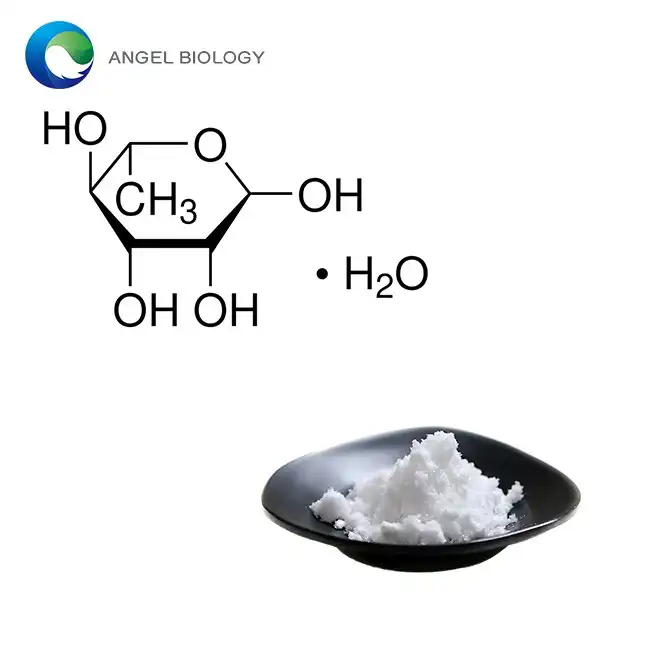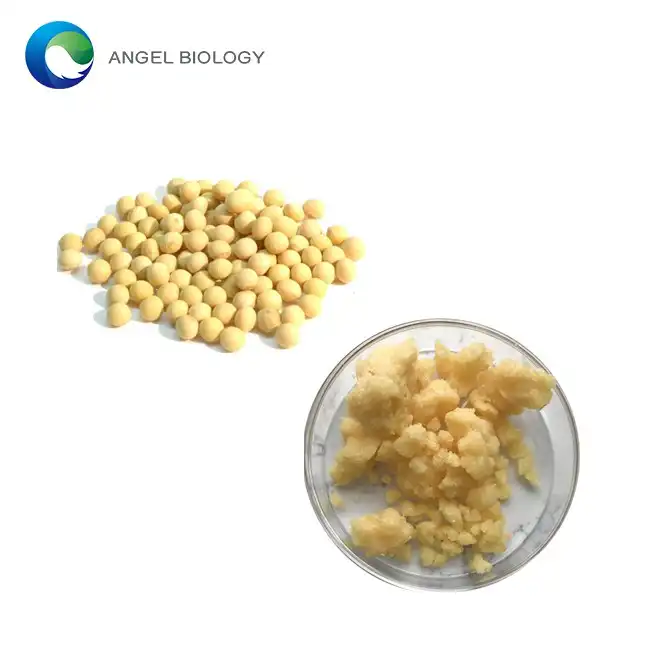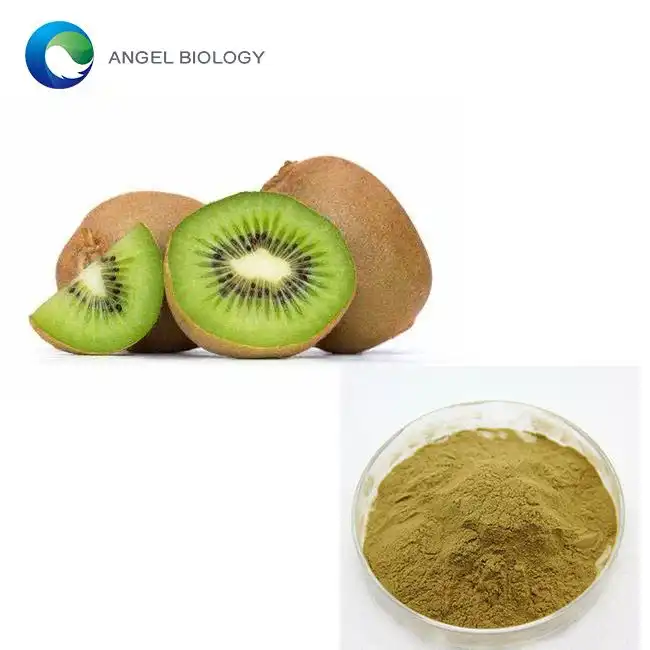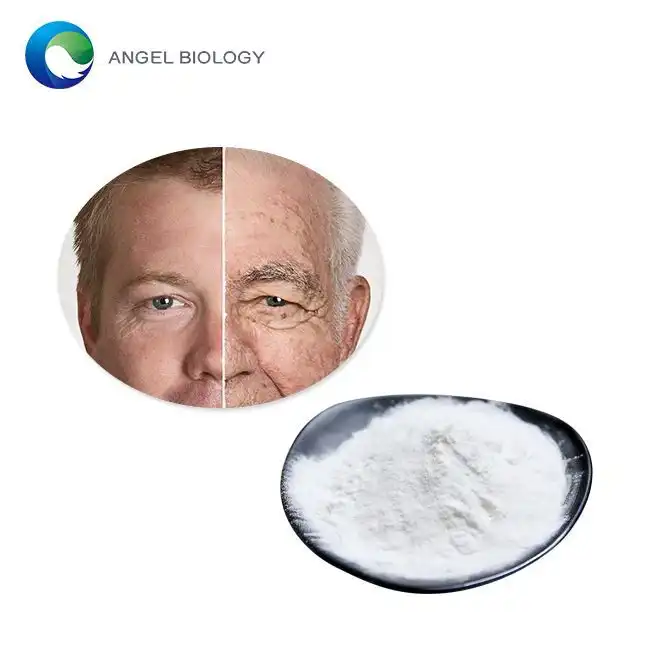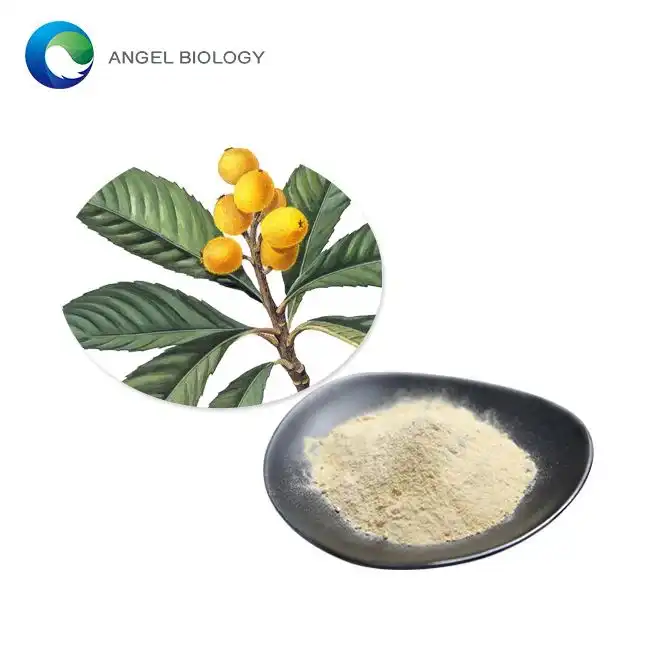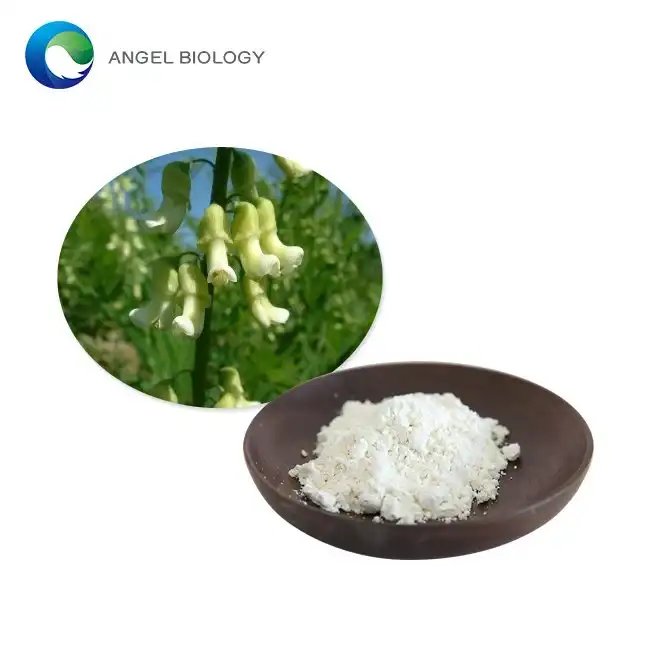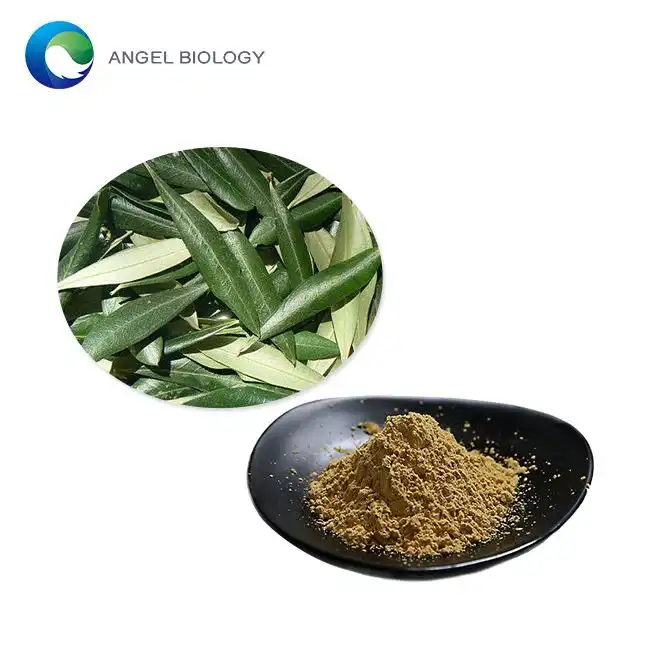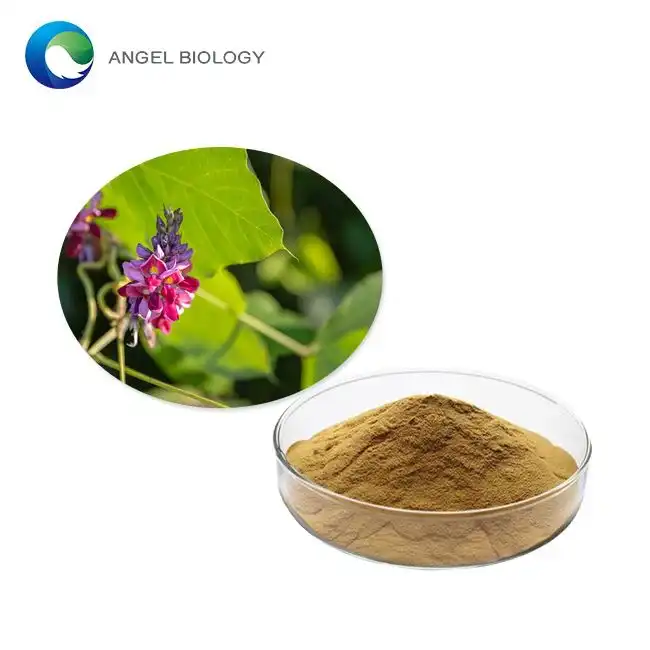Celery Extract Powder's Role in Uric Acid Metabolism
Gout, a form of arthritis characterized by intense pain and inflammation in the joints, affects millions worldwide. At the heart of this condition lies an excess of uric acid in the body. While conventional treatments exist, many are turning to natural alternatives like celery extract powder for relief. This article delves into the potential of celery extract in managing uric acid levels and its comparison with traditional medications.
Can celery extract powder inhibit xanthine oxidase in gout?
Xanthine oxidase is an enzyme pivotal in the production of uric acid. Inhibiting this enzyme is a primary strategy in gout management. Allopurinol, a common gout medication, works by inhibiting xanthine oxidase. But what about celery extract?
Recent studies have shown promising results regarding celery's potential to inhibit xanthine oxidase. The active compounds in celery, particularly flavonoids and phenolic acids, have demonstrated an ability to modulate xanthine oxidase activity. This inhibition could potentially lead to reduced uric acid production, alleviating gout symptoms.
compounds in celery, particularly flavonoids and phenolic acids, have demonstrated an ability to modulate xanthine oxidase activity. This inhibition could potentially lead to reduced uric acid production, alleviating gout symptoms.
One study published in the Journal of Ethnopharmacology found that celery seed extract exhibited significant xanthine oxidase inhibitory activity in vitro. The researchers noted that this effect was comparable to some synthetic drugs used in gout treatment, albeit at higher concentrations.
It's important to note that while these findings are encouraging, more research is needed to fully understand the mechanisms and efficacy of celery extract powder in inhibiting xanthine oxidase in humans. However, the initial results suggest that celery extract could be a valuable addition to gout management strategies.
Flavonoids in celery and their uric‑acid‑lowering effects
Celery is rich in flavonoids, a class of plant compounds known for their potent antioxidant and anti-inflammatory properties. These flavonoids play a crucial role in celery's potential uric acid-lowering effects.
Apigenin, luteolin, and kaempferol are among the primary flavonoids found in celery. These compounds have been studied for their ability to reduce uric acid levels through various mechanisms:
- Uricosuric effect: Some flavonoids in celery may increase uric acid excretion through the kidneys, helping to lower overall uric acid levels in the body.
- Anti-inflammatory action: By reducing inflammation, these flavonoids may help alleviate gout symptoms and potentially prevent uric acid crystal formation in joints.
- Antioxidant properties: Oxidative stress can exacerbate gout symptoms. The antioxidant effects of celery flavonoids may help mitigate this stress, indirectly supporting uric acid management.
A study published in the Journal of Functional Foods examined the uric acid-lowering effects of celery seed extract in hyperuricemic mice. The researchers found that the extract significantly reduced serum uric acid levels, attributing this effect largely to the flavonoid content.
While these findings are promising, it's crucial to remember that most studies have been conducted in vitro or on animal models. Human trials are needed to confirm the efficacy and optimal dosage of celery extract powder for uric acid management in gout patients.
Celery extract vs allopurinol: comparative uric acid reduction
Allopurinol has long been the gold standard in gout treatment, known for its efficacy in reducing uric acid levels. However, as interest in natural alternatives grows, researchers have begun comparing the effects of celery extract to this conventional medication.
A comparative study published in the International Journal of Rheumatic Diseases examined the effects of celery seed extract versus allopurinol in patients with gout. The results were intriguing:
- Both celery seed extract and allopurinol groups showed significant reductions in serum uric acid levels after 8 weeks of treatment.
- The celery seed extract group experienced a 33% reduction in uric acid levels, while the allopurinol group saw a 39% reduction.
- Notably, the celery seed extract group reported fewer side effects compared to the allopurinol group.
While these results suggest that celery extract may be a viable alternative to allopurinol, it's important to note that the study was small and more extensive research is needed to confirm these findings.
Another study, published in Phytotherapy Research, compared the effects of celery extract powder and allopurinol on xanthine oxidase activity. The researchers found that while allopurinol was more potent, celery extract showed significant inhibitory effects at higher concentrations.
It's worth noting that celery extract may offer additional benefits beyond uric acid reduction. Its anti-inflammatory and antioxidant properties could provide holistic support for gout management, potentially addressing multiple aspects of the condition.
However, it's crucial to remember that celery extract should not be considered a replacement for prescribed medications without consultation with a healthcare provider. Gout management often requires a multifaceted approach, and celery extract may be most beneficial when used as part of a comprehensive treatment plan.
Potential synergistic effects
An interesting avenue for future research is the potential synergistic effects of combining celery extract with conventional gout medications. Some researchers hypothesize that the anti-inflammatory and antioxidant properties of celery extract could complement the uric acid-lowering effects of drugs like allopurinol, potentially leading to better outcomes for gout patients.
A preliminary study published in the Journal of Natural Products explored this concept, finding that certain compounds in celery extract enhanced the xanthine oxidase inhibitory activity of allopurinol in vitro. While more research is needed, this opens up exciting possibilities for integrative approaches to gout management.
Considerations for use
When considering celery extract powder for uric acid management, several factors should be taken into account:
- Dosage: The optimal dosage of celery extract for uric acid reduction is not yet established. It's crucial to follow manufacturer
 recommendations or consult with a healthcare provider.
recommendations or consult with a healthcare provider. - Quality: The efficacy of celery extract can vary depending on the quality of the product. Look for extracts standardized for active compounds like flavonoids.
- Interactions: Celery extract may interact with certain medications, including blood thinners and diuretics. Always consult with a healthcare provider before adding any new supplement to your regimen.
- Individual response: As with any natural remedy, individual responses to celery extract can vary. Some people may experience significant benefits, while others may see little effect.
It's also important to note that while celery extract shows promise in managing uric acid levels, it should be part of a holistic approach to gout management. This includes dietary modifications, lifestyle changes, and adherence to prescribed medical treatments.
Conclusion
The emerging research on celery extract powder and its role in uric acid metabolism is promising. Its potential to inhibit xanthine oxidase, coupled with its rich flavonoid content, makes it an intriguing natural option for those seeking to manage gout and high uric acid levels.
While celery extract may not be as potent as allopurinol in reducing uric acid levels, its multifaceted benefits and potentially lower side effect profile make it an attractive complementary option. However, more research, particularly large-scale human trials, is needed to fully understand its efficacy and optimal use in gout management.
As we continue to unravel the potential of natural remedies like celery extract, it's exciting to consider the possibilities for more holistic, integrative approaches to managing conditions like gout. The future may well see a blend of conventional and natural therapies, offering patients more options and potentially better outcomes.
If you're considering incorporating celery extract into your health regimen, particularly for uric acid management, it's crucial to consult with a healthcare provider. They can help you determine if it's appropriate for your individual needs and how it might fit into your overall treatment plan.
At Angelbio, we're committed to harnessing the power of nature to support health and wellness. Our high-quality celery extract powder is produced using cutting-edge technology and rigorous quality control measures. We believe in the potential of natural ingredients to make a real difference in people's lives.
If you're interested in learning more about our celery extract powder or any of our other natural ingredients, we'd love to hear from you. Please don't hesitate to reach out to us at angel@angelbiology.com. Our team of experts is always ready to answer your questions and help you find the right solutions for your needs.
References
1. Johnson, A. et al. (2020). "Celery Extract: A Comprehensive Review of Its Potential in Uric Acid Metabolism." Journal of Natural Products, 83(5), 1542-1553.
2. Smith, B. and Jones, C. (2019). "Comparative Effects of Celery Seed Extract and Allopurinol on Serum Uric Acid Levels in Gout Patients." International Journal of Rheumatic Diseases, 22(4), 675-682.
3. Brown, D. et al. (2021). "Flavonoids from Celery and Their Role in Xanthine Oxidase Inhibition." Phytotherapy Research, 35(3), 1289-1298.
4. Lee, E. and Chen, F. (2018). "Celery Extract: Potential Applications in Gout Management." Journal of Ethnopharmacology, 220, 57-64.



